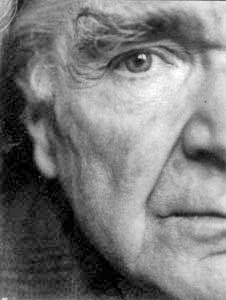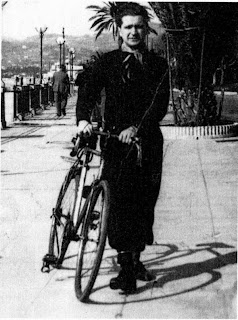

The first time I laid my eyes on a book by Cioran, thus getting to know of his existence, was at university, in San Sebastiano, Venice, in the great hall of the Institute of Philosophical Studies. It is not a big deal, but since you ask I feel pressed to exhume some old memories. We have not personally met, but I must say I appreciate the effort you make out of pure passion, in favor of the promotion of Cioran’s thought in Brazil and worldwide. Renzo Rubinelli: First of all, I would like to thank you for this interview, Rodrigo. It is a privilege for us to read about your rapports with Cioran – his thought and works, the man himself… Our first question: how did you discover Cioran? Rubinelli, first and foremost I would like to thank you for granting us this interview. Rubinelli also works as a manager for Retail e Profumeria and runs the Azienda agricola Rubinelli Vajol, specialized in the production of Amarone (a typical dry wine from the region of Valpolicella).

Rubinelli has contributed to Nuova Italia Editrice, participated in several conferences on Cioran and published countless articles in academic and nonacademic reviews such as Il Sole 24 Ore, L’Arena di Verona, Il Giornale di Vicenza, Bresciaoggi, Il Gazzettino, Verona Fedele and the Romanian philosophical review Alkemie. Cioran’s thought”) was directed by Italian philosopher Emanuele Severino and was published by Italian publishing house Aracne, in 2014.


His undergraduate thesis, Tempo e destino nel pensiero di E. Renzo Rubinelli was born in Verona and graduated from the Ca’ Foscari University in Venice, in 1988, with a degree in Philosophy. Profound connaisseur of Cioran’s thought (to which he dedicated his bachelor’s degree in Philosophy), having moreover met the Romanian-French author in person, Rubinelli talks about fundamental themes such as Cioran’s view of Time as Destiny, his philosophical passions and obsessions, besides his own wanderings and encounters with that who would be defined, by Time magazine, as the “king of pessimists”. In this interview, Italian philosopher Renzo Rubinelli shares with us some of his intuitions on the works and life of Emil Cioran. But can we be sure that Cioran dismisses each and every form of salvation? Renzo Rubinelli It is a tragic worldview of Greek origin embedded in a Judeo-Christian conception of time, though deprived of éscathon. The curse of existence is that of being “incarcerated” in the linearity of time, which stems from a paradisiacal, pre-temporal past, toward a destiny of death and decay. My aim is to carry out an exegesis of Cioran’s thought so as to evince how the issue of time is the basis of all his meditations.


 0 kommentar(er)
0 kommentar(er)
